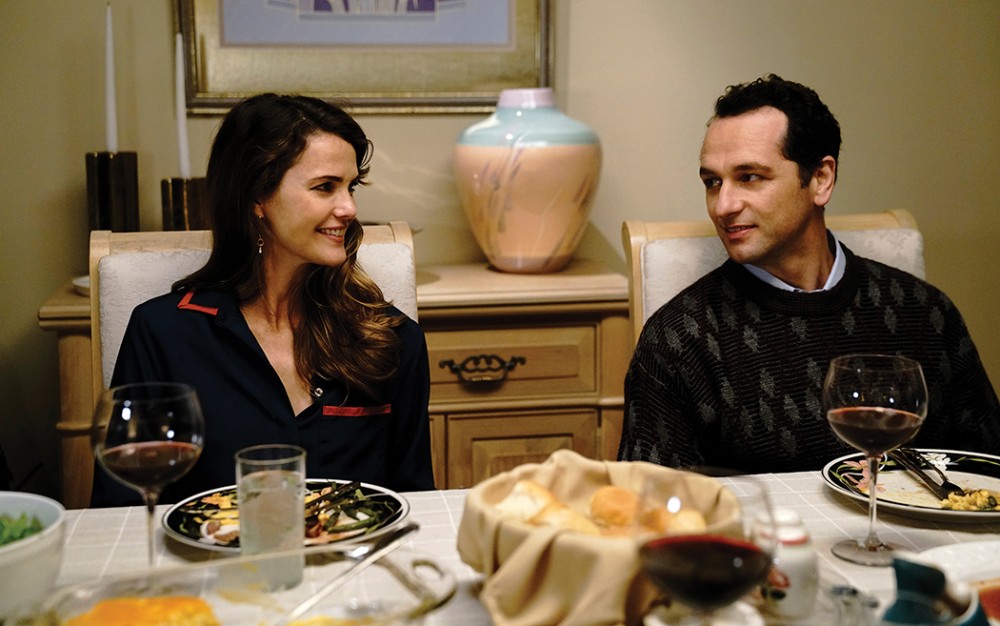What The Americans teaches about deception and relationships
By the end of the final season, the series has shown the best and worst of our homeland—and spies with souls.

In this golden age of TV antiheroes, it is not surprising that the FX drama The Americans can get us to root for Russian spies who are seeking to undermine the U.S. government. Complicating our emotional responses to characters is part of what serious TV does these days. Over the course of six seasons (the series ended in May), the show does something more surprising: it explores the consequences of deception and ideology on characters we can’t help rooting for.
Philip and Elizabeth Jennings (Matthew Rhys and Keri Russell) are undercover Russian agents living in a Washington, D.C., suburb during the Cold War of the early 1980s. In between kids’ hockey practice and homework schedules, they seduce possible informants, drug, torture, and kill enemies, decode secret messages, and maintain a dizzying number of disguises and safe houses. It is enough to make the most multitasking parent feel like a slacker.
There is dark humor here, poking fun at the transactional nature of the hectic modern family. Near the end of the first season, Philip and Elizabeth are discussing a problem their son is having at school. Like most working parents, they divide up tasks and promise to pick up the conversation after they finish work. Then they walk into an abandoned warehouse to torture an FBI agent they are holding prisoner.




